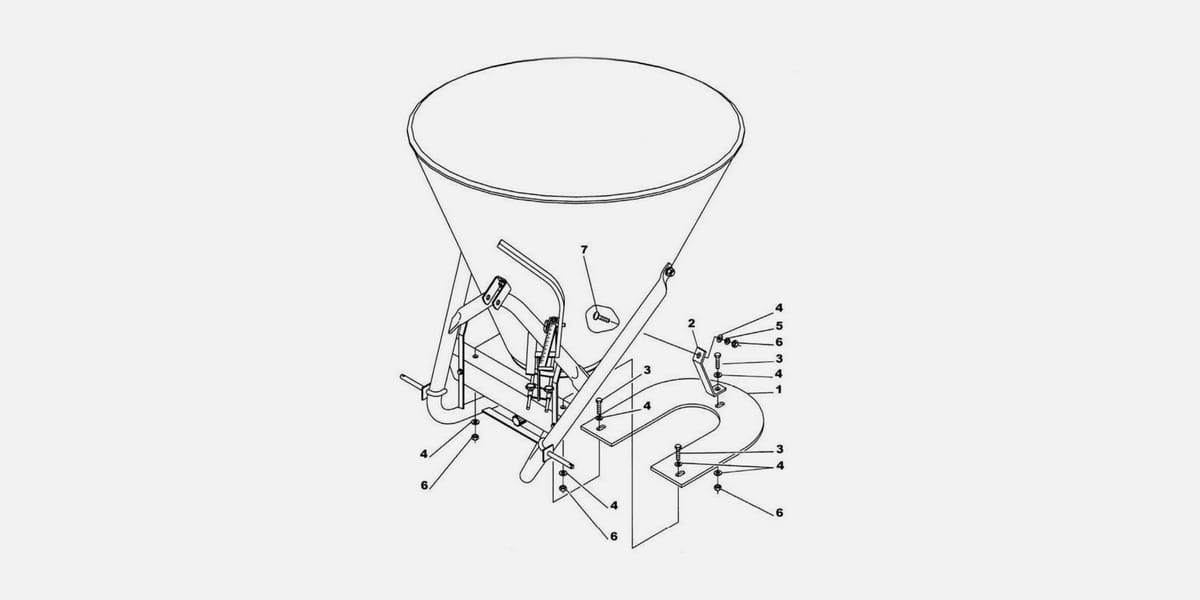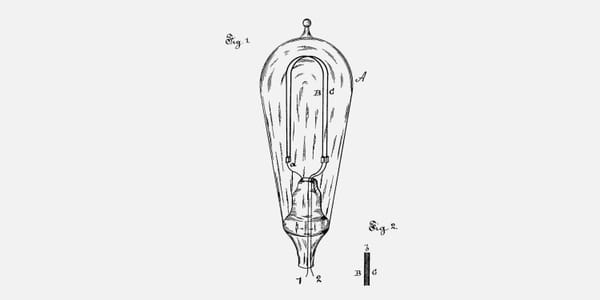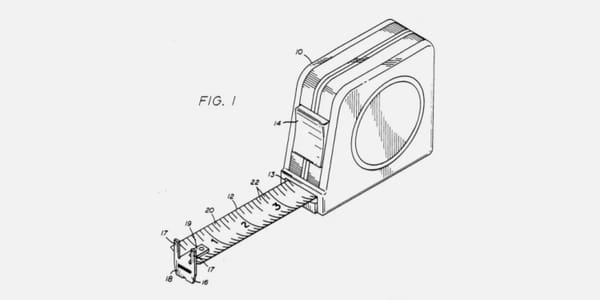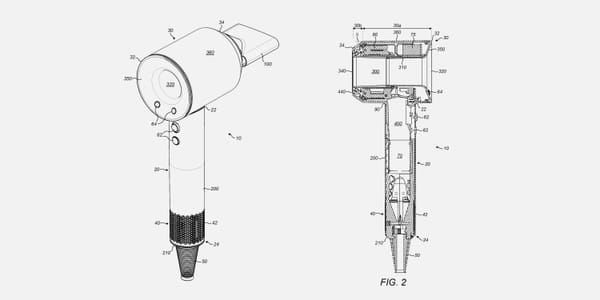Not All Designers Are Created Equal: Understanding Key Intangibles for Your Next Hire
When hiring a designer, look beyond their portfolio. Key intangible traits like their network, media relationships, and industry respect can greatly impact your project's success. This article explores these qualities and how they bridge the gap between design and strategic business growth.

In today's fast-paced, ever-evolving business landscape, the role of designers has transcended beyond creating visually appealing products or interfaces. When hiring a designer, focusing solely on their portfolio might leave you with a technically proficient yet strategically deficient choice. The real differentiators lie in the intangible traits that a designer brings to the table. These attributes can significantly influence your project's success and, ultimately, your business's growth. So, what should you look for beyond the tangible skills?
1. A Rich, Leverageable Network
One of the most valuable yet often overlooked traits in a designer is their network. A designer with a rich network can be a goldmine of opportunities and resources. These connections can range from other creative professionals and industry experts to potential clients and collaborators.
A designer who is generous with their network can open doors that might otherwise remain closed. Imagine needing a specialized skill for a project—your designer's connections could provide the perfect solution swiftly and efficiently. Additionally, a well-connected designer can facilitate partnerships and collaborations that enhance your project's reach and impact.
2. Media Relationships
In the age of digital media, having a designer with established media relationships can be a significant advantage. These connections can help in getting your projects the visibility they deserve. Whether it's through features in design blogs, mentions in industry publications, or shoutouts on social media, a designer with media clout can amplify your brand's presence.
Moreover, designers with media connections are often at the forefront of industry trends. Their insights can provide you with early access to emerging trends and technologies, keeping your projects ahead of the curve.
3. Respect and Kindness in the Industry
The design industry is as much about reputation as it is about skill. A designer who is well-respected and known for their kindness can bring a wealth of intangible benefits. Respect in the industry often correlates with reliability, professionalism, and quality work.
Kindness, on the other hand, fosters a positive working environment. Designers who treat their colleagues, clients, and collaborators with respect and kindness tend to build stronger, more productive relationships. This positive dynamic can enhance team cohesion and project outcomes.
4. The Ability to Bridge Gaps
Exceptional designers can see beyond their immediate tasks and understand the broader business strategy. They can bridge the gap between where you are and where you want to go. This visionary aspect allows them to create designs that not only meet current needs but also anticipate future trends and challenges.
A designer with strategic vision can align their work with your business goals, ensuring that their designs contribute to your long-term success. They can help translate abstract ideas into concrete solutions, making them invaluable assets to your team.





